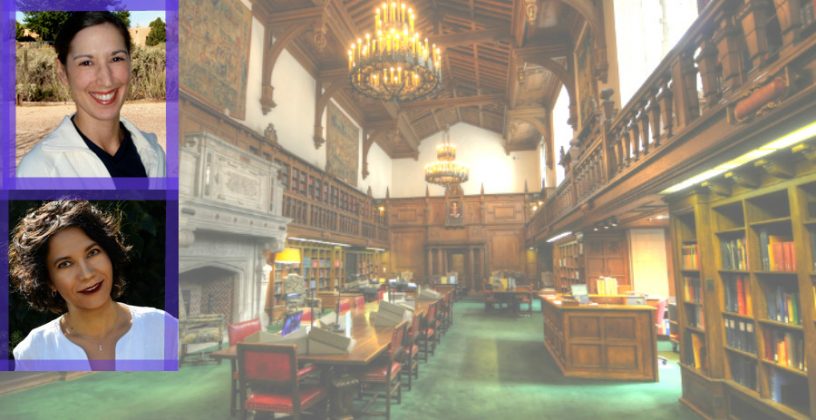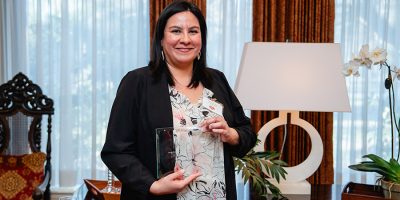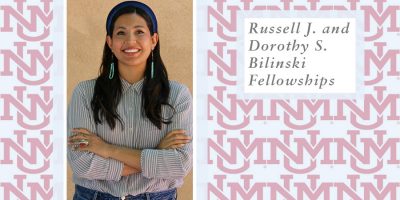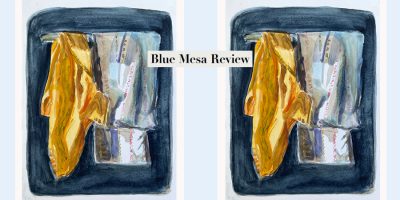Marissa Greenberg and Carmen Nocentelli both received Shakespeare Folger Library Fellowships. The Folger Institute houses extraordinary collections which are essential to understanding the humanities and their continued resonance and importance in our world. The fellowships program brings rare and historic art, books, costumes, manuscripts, periodicals, prints, and visual resources immediately to life by putting scholars, artists, performers, and practitioners into direct and sustained engagement with the collections, with many innovative digital resources, and with one another. Folger fellows join together to create a high-powered, multidisciplinary community of scholars, who come from different fields but who share cognate interests in literature and history, art and performance, philosophy, religion, and politics. The fellows are given the time and resources to bring their research projects to fruition; and they are able to do so in the company of other scholars who are also engaged in testing ideas, weighing arguments, and stimulating fresh approaches to research, performance, and writing.
Marissa Greenberg, Associate Professor of English, received a short-term Fellowship to research her second book project, Adam in the Motions: Revolution in Seventeenth-Century Literature. This project investigates how literature communicates the lived experience of historical revolution by bringing renewed attention to recursive movement in the drama, poetry, and prose of the century of revolutions. To more fully historicize movement, Greenberg will examine the Folger’s unique collection of festivity books and accounts of public celebration, travel, and astronomy. By tapping into this cultural repertoire of motion, Greenberg asks: How did writers such as John Donne, John Fletcher, Ben Jonson, and John Milton engage the early modern imagination on a visceral level and allow audiences to move actively and purposefully through their turbulent period? Greenberg will be in residence at the Folger during the second half of the upcoming Spring semester.
Carmen Nocentelli, Associate Professor of British and Irish Literary Studies and Comparative Literature, received a nine-month National Endowment for the Humanities Fellowship from the Folger Institute to continue work on her second book project, Black Legends and the Invention of Europe, which argues that xenophobic invective and jingoistic propaganda played a crucial role in the construction of “Europe.” Taking as its point of departure the Black Legend of Spain’s ethnic dubiousness and ethical iniquity—i.e., the legend of Spain’s un-Europeaness—the book shows how the Black Legend’s claims formed an integral part of a larger transnational discourse that developed steadily from the late fifteenth century through the early eighteenth. Fifteenth-century works indicting the Turks for their ethnic dubiousness and ethical depravity already anticipate the central topoi of the Spanish Black Legend. Seventeenth- and eighteenth-century invectives against Portuguese, Dutch, and French in turn recycle figures and motifs of the legend. This conscious, pointed, and continued recycling suggests that throughout the early modern period Black Legend discourse was a key tool to bound and ascribe Europeanness. For this reason, Black Legend discourse constitutes an excellent vantage point to explore the conditions, forms, and limits within which “Europe” became (and still remains) an active idea.




